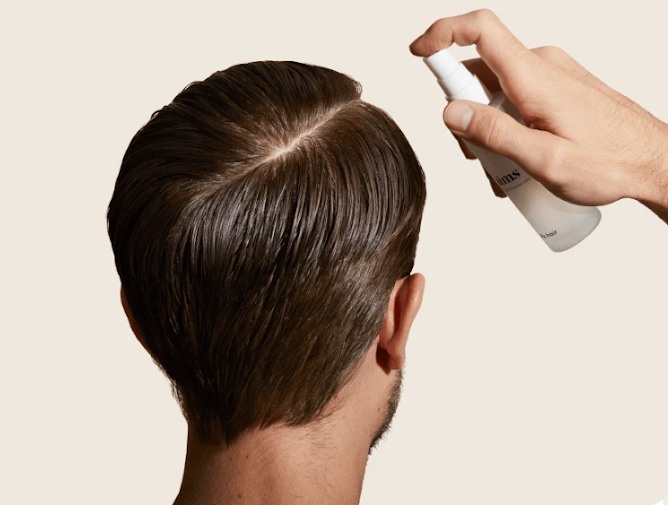Is topical finasteride spray safe to use, and does it work?
Finasteride is most commonly as the hair loss treatment pill for male baldness, but now it is available as a topical solution, usually as a spray.Finasteride in pill form is generally considered to be an effective treatment for male baldness, however, it also comes with the risk of some potentially harsh side-effects, which many men are keen to avoid.
Is topical finasteride safer to use than the pill, and how effective is it?
In the same way as the pill, Topical Finasteride - reduces the levels of DHT in your scalp. A sensitivity to DHT causes your hair follicles to shrink, eventually leading to complete hair loss.
However, despite its success rate in treating male hair loss, the topical finasteride can also give negative side-effects, many of which are similar to the ones that are commonly associated with the pill.
However, the side effects are localised to the application site, for example, scalp pruritus, burning sensation, irritation, contact dermatitis, and erythema. This can prove to be a real irritant to some men, which is why they seek safer alternatives.
Is topical finasteride better than minoxidil?
Finasteride is the more clinically effective medication compared to minoxidil, however, finasteride can cause the far more severe sexual side effects such as decreased semen, erectile dysfunction, and reduced sexual desire. What is a safe, non-medical alternative to topical finasteride?
The safest and most effective, non medical alternative to topical finasteride is keratinocyte growth factor (KGF) serum. KGF is a DIY active ingredient that can help promote the function of healthy hair growth by utilising the nutrients that contain prebiotics, polysaccharides and antioxidants to protect the cells that make hair.
KGF is an important endogenous mediator of hair follicle growth, development, and differentiation. Normalisation of the nu/nu follicular differentiation defect and amelioration of chemotherapy-induced alopecia.
KGF is most commonly used as a topical serum.
Conclusion
Topical finasteride can be an effective treatment for male hair loss, but it does not come without its risks. Much like with the pill, it is a case of weighing up the pros and the cons of using the solution.
Topical finasteride can only be effective when used for early stages of male baldness (Norwood Hamilton 2-3). Topical finasteride will not work for more advanced stages of hair loss.
There are some safer topical alternatives that can be used to tackle hair loss, like KGF serum, but results will vary from person to person. Whatever you decide to do, be sure to speak to your doctor, or to a trichologist, as a precautionary measure.

















0 comments:
Post a Comment